To most people, pouring gallons of water down the drain for no good reason would seem incredibly wasteful. But did you know the average American household does just that with about 180 gallons of water a week? That translates into 9,400 gallons a year – enough water to do 300 loads of laundry.
One of earth’s most precious resources is also one of its most wasted. From the moment we get up in the morning until the time we go to bed at night, we squander copious amounts of it. And water is getting even more scarce. The UN predicts that demand for fresh water will exceed supply by 40% by 2030 worldwide.
Saving 180 gallons of water a week probably feels impossible, but we can all make a difference. Many tweaks to household habits are easy to implement, plus there are bigger lifestyle changes to consider. We explain how to conserve water at home, with five actions to take today.
1. How to conserve water … in the bathroom
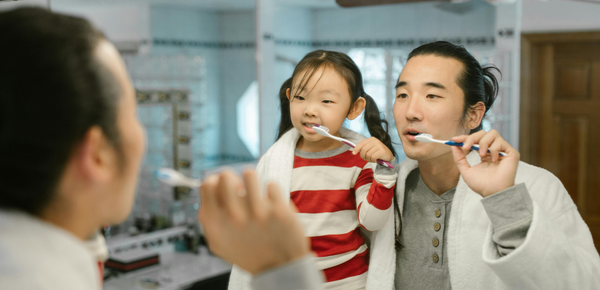
Turn off the water while you brush your teeth
Even though it only takes about two minutes to brush your teeth, that’s enough time to send about 8 gallons of perfectly good water down the drain per day. By shutting off the faucet while you brush your teeth, you can save nearly 5,700 gallons of water per year.
Consider attaching a flow limiter to your faucet to regulate the water flow. Flow limiters, resembling miniature sieves, may not be compatible with all faucet types but can effectively reduce the flow rate. This simple addition can halve the flow from around ten to five liters per minute without noticeable difference in water pressure.
Master your flush
If you have a dual flush button on your toilet tank, use it! Many of us press both the small and big flush, but you can conserve water by choosing the appropriate flush option for your needs. By using less water, these toilets can help reduce your water usage AND your monthly water bills.
Another important step is to inspect for leaks in dual flush systems. Place a piece of toilet paper at the inside back of the toilet bowl and leave it overnight. If the paper has disappeared or is damp in the morning, it indicates a minor leak. Typically, the cause is a dirty or damaged seal.
Reduce shower time
Although it feels great to stand under the hot, soapy water after a long day, longer shower times can significantly boost water waste. In fact, letting the water run from your shower head for just 10 minutes uses 21 gallons of water.
Taking shorter showers can also cut your water bill by about $70 every month, so the next time you think about soaking in the hot water, think about how water conservation can not only save the planet but also your wallet.
Another tip is to shower with your feet in a bucket or basin to catch the runoff, which you could then use in the garden or to flush your toilet. When the bucket fills up (alarmingly fast!), you can also see how much water you’re actually using.
2. How to conserve water … in the kitchen
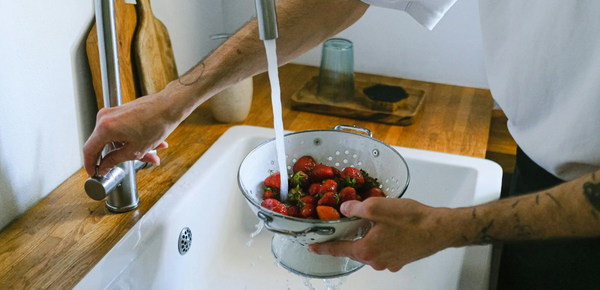
Don’t let the water run
Looking for an excuse not to wash dishes? Here’s a great one! Running water in your kitchen sink while washing dishes for just five minutes can waste about 10 gallons of water.
Only do full loads
Doing only full loads could save over 200 gallons of water annually. (Plus, that’s waaay fewer times you’d have to unload your dishwasher and clothes washer too!) Who knew conserving water could help save the planet AND save you time?
Collect water to reuse
A classic water conservation tip is to reuse clean water used for washing fruit, vegetables or rice on houseplants or in the garden. You can also use cooled pasta water, which plants love because of the added starch. Just make sure no salt is included, and don’t use it instead of your usual plant food.
Minimize garbage disposal use
Using your kitchen drain as a second trash can may seem helpful, but it contributes to heavy water loss and wasted energy to break down excess food particles thrown into the garbage disposal. Plus, overusing your sink’s garbage disposal can weaken your home’s plumbing.
Instead of tossing food scraps down the drain or into the trash can, turn your garbage into gardening gold by building your own compost bin! Compost consists of food scraps and other organic waste that get transformed into sustainable landscaping material. Compost is a great alternative to soil and your plants will love it. Want to get started? Learn how to make your own compost bin.
3. How to conserve water … in the garden
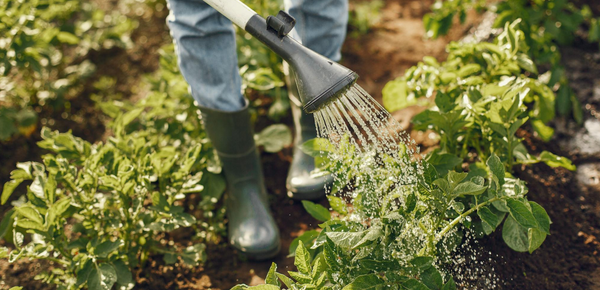
Get a water butt
Water butts are designed to capture rainwater that would otherwise flow down your guttering downpipe and into the drain, diverting and storing it for later use in the garden. While some water butt models can be pricey, it’s possible to find affordable options if you take the time to shop around.
Reuse gray water
Let’s talk about gray water – the somewhat clean but previously used water collected from your kitchen or bathroom sinks and basins. If it contains soap, it’s best to avoid using it on edible plants and instead pour it on potted plants rather than directly into the soil.
There’s a concern that household chemicals in gray water could affect the microorganisms in the soil and alter its structure over time. Experiments conducted by the Royal Horticultural Society revealed that while applying gray water had minimal immediate effects on plants, some showed signs of salt stress after six weeks.
4. Install a water cooler
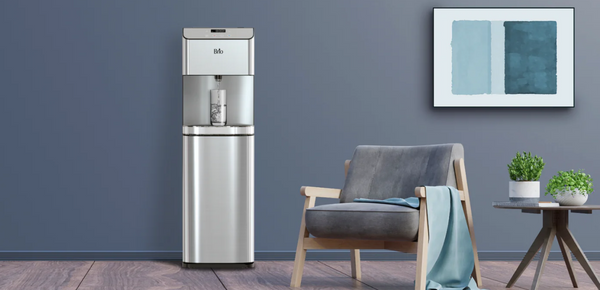
The average family of four spends $400 per year on single-use drinking water bottles. Although convenient, plastic bottles will spend a lifetime in landfills. Additionally, if you find yourself never finishing the clean water you drink and tossing out half-empty bottles, that translates into a lot of wasted water.
The perfect solution for your unique water consumption needs is to install a water cooler. Not only will you cut down on your plastic usage, but you’ll be able to dispense the exact amount of crisp, cold water you want and minimize water waste.
Brio Bottleless Coolers are energy efficient, equipped with hot and cold switches that can be turned off to save on energy use. You’ll never waste fresh water again! They'll reduce the number of plastic bottled water purchased, ultimately saving money and the environment.
5. Consider the bigger picture
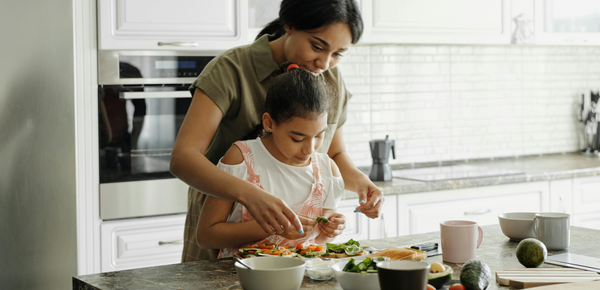
Change your diet
What you eat significantly impacts your water consumption, with agricultural supply chains guzzling up to 70% of global freshwater resources. Meat production tends to be the thirstiest. For instance, the Water Footprint Network estimates that producing a beef burger in the Netherlands consumes around 1,000 liters of water, whereas a soy burger only requires approximately 160 liters.
Fortunately, carnivores can still shrink their water footprint without ditching meat entirely. Research from 2018 revealed that adhering to a recommended ‘healthy’ diet led to reduced water consumption in France, Germany, and the UK. The reduction ranged from 11%-35% for a healthy diet with meat to 33%-55% for a healthy pescatarian diet and 35%-55% for vegetarian diets. Additionally, cutting down on food waste is another effective way to conserve water resources.
Cut back on clothes
Reducing your clothing purchases offers numerous benefits, including significant water savings. According to UN Climate Change, producing a single pair of denim jeans requires a whopping 10,000 liters of water, primarily used to cultivate the kilo of cotton needed for the fabric. To put it into perspective, it would take an individual 10 years to consume the same amount of water.
Water usage is an integral part of our daily lives, often more extensive than we realize. Many of the appliances we rely on for convenience consume significant amounts of water, so it’s more important than ever to prioritize water conservation. By saving water, not only can you lead a more sustainable lifestyle but also save money and promote better health.
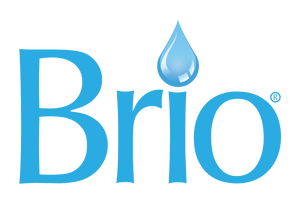
Leave a comment